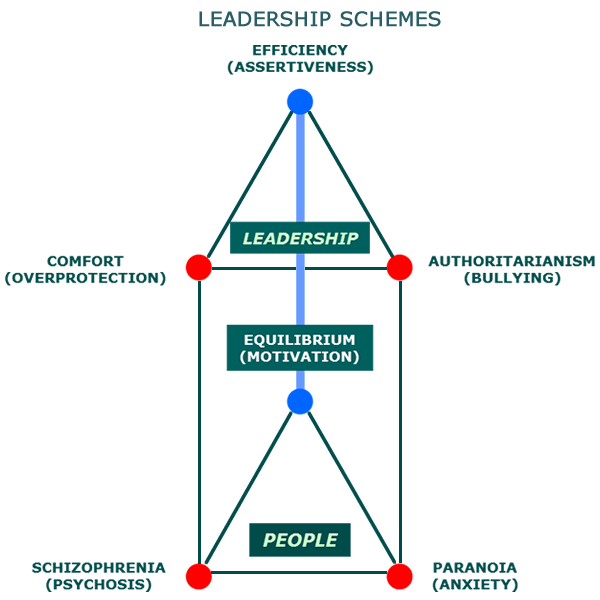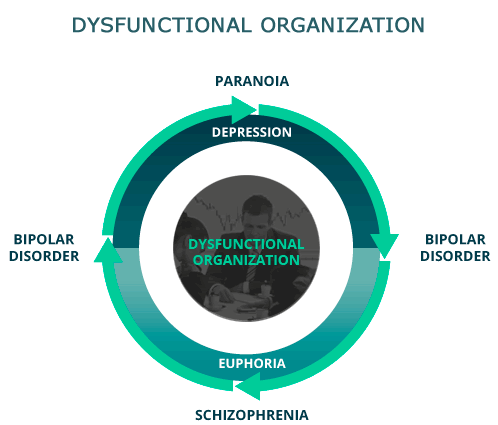
There is no business in the whole world which can operate, in an efficient manner, without highly qualified personnel. Particularly, in our time (The Knowledge Era), the possibility of keeping us competitive depends, mainly, on the competences of our Human Capital.
The main difference between Mexico and developed countries is, precisely, the incubation and development of valuable knowledge for the humankind, namely basic research and applied research.
On the other hand, at a rather operative scale, our country continues in a clear disadvantage due to the lack of a Culture of Discipline, honoring Universal Values and fully respecting the Law.
The good news is that such dysfunctional culture can be corrected. The bad news is that this implies a huge personal sacrifice. It could be thought that we are trapped inside a vicious circle, which cannot be broken, because for our healing we must face first our profound personal fears and then learn how to trust. In other words, we must learn to work as a team.

Like in psychotherapy and psychoanalysis, we must set a painful personal commitment, working with a scientific methodology which must be applied in a systematic, disciplined and controlled way. This implies being capable of knowing ourselves, eliminating our self deception, and developing an attitude based on Trust, Respect and Responsibility.
In the business sector, two extreme leadership conditions can be identified, which produce a rather different impact on people's response:

The Authoritarian leadership, which tends to abusing of people with the aim of achieving the results demanded by the organizational situation (at any cost), which in turn leads to frustration and anger in its personnel. In radical cases, the situation can even reach the state of bullying.
This typical human response may be associated with a psychological disorder known as Paranoia (of course at lower grades). The extreme fear, in some cases irrational, is known with the medical term of Anxiety.
The Overprotecting leadership, which prefers keeping harmony, cordial affairs, friendship, hindering constructive critics, open work discussions, internal and external conflicts. Avoiding an application of reasonable levels of discipline and work demands, such organization is automatically quitting to achieving satisfactory results, unless the business environment is too generous or it performs in miraculous conditions.
Given that such scheme is supported on a deep self-deception, this condition might be associated with another psychological disorder, known as Schizophrenia, one of whose major symptoms is the disconnection of reality, producing its own representation of a non objective reality. This syndrome is known, in medical terms, as Psychosis.

The most common, and serious problem, is that dysfunctional organizations might alternate from a leadership style to the other, depending on which situation is being faced by the company. When results are favorable, the overprotecting style will be applied, whereas when the company is passing through a critical situation, it will require the application of an authoritarian leadership in an attempt to overcome the situation.
This generates a dangerous condition, where a vicious circle is formed, because such extreme situations produce a state of ambivalence, equivalent to a medical disorder known as Bipolar Disorder, thus causing that people mood oscillates between euphoria and depression (maniac-depressive syndrome). How many time have we heard such expression, "I do have a bipolar boss"?
There is no healthy person who could tolerate this situation for long periods of time, and not being adversely affected. A prolonged exposure to such environment shall be leading, no doubt, to serious health problems.

Fortunately, in the business sphere, there are powerful scientific tools, which may lead to developing an Efficient Organizational Culture:
- Evaluation of current organizational culture.
- Evaluation of personnel competences.
- Evaluation of personnel performance.
- Human and technical training.
- Ontological coaching for problematic personnel.
- Highly professional consulting programs.
- Internal norms and procedures (governance).
- Process based approach.
- Rigorous application of the Quality Management System.
- In pathological cases, psychiatric treatment might be required.






